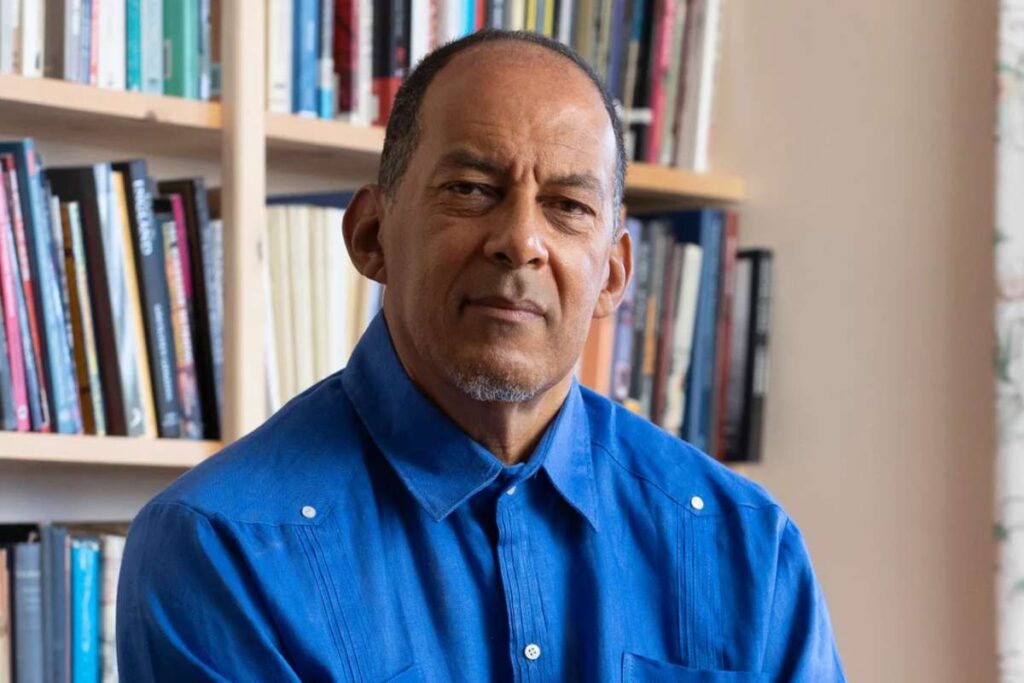Source – theguardian.com
Impact of Cuts on Black Scholarship
The future of black scholarship in the UK faces significant challenges, with prominent academics warning that recent financial cuts and course closures could lead to its erasure. Many universities, especially in England, are grappling with an economic crisis, and in response, they have implemented a series of cost-saving measures. However, critics argue that these measures disproportionately affect courses and faculty members that have been pivotal in addressing racial disparities in higher education. For example, the University of Chichester recently made redundant Prof. Hakim Adi, a leading figure in African diaspora studies, along with his MRes program on African history. Similarly, Birmingham City University (BCU) discontinued its black studies undergraduate course, and Prof. Robert Beckford, a renowned theologian focusing on social justice, was made redundant at the University of Winchester.
Despite these cuts, some universities, such as Goldsmiths, and the University of London, have faced significant backlash. Goldsmiths initially planned to cut its Black British literature MA program but reversed its decision following public outcry. However, they still made Prof. Deirdre Osborne, the founder of the course, redundant, a move that has been heavily criticized by students and academics alike.
Financial Pressures vs. Black Scholarship
Universities argue that the financial pressures they face are severe and that courses focusing on black history and studies, though important, are expensive and less popular than similar programs in the United States. While there have been advancements in the past decade, with the introduction of dedicated lectureships and efforts to recruit more academics of color, the current situation threatens to reverse these gains. Campaigners argue that these specialized courses and lecturers need time and support to flourish. Despite some progress, fewer than 1% of professors in the UK are black, underscoring the importance of preserving these programs.
Prof. Beckford, who supported 16 black PhD students throughout his career, expressed his frustration, stating that his work has always been about empowering black students and colleagues. He lamented that universities have never provided long-term security for positions focused on race and diversity, making it difficult for scholars like him to develop their craft fully.
Concerns for the Future of Black Intellectual Thought
The cuts have sparked widespread concern among academics, students, and campaigners who fear that black intellectual thought in the UK could be entirely erased. Prof. Kehinde Andrews, head of Birmingham City University’s black studies department, voiced his disappointment, saying that there is little recognition of the value of black intellectualism. He warned that these cuts will leave nothing of black scholarship in the UK.
At the University of Chichester, Prof. Adi highlighted the negative impact these cuts will have on the number of black history professors, noting that his program had successfully mentored several students who progressed to PhD-level studies. These students have now launched a legal challenge against the university, accusing it of discrimination and breach of contract for terminating the program mid-way through their studies.
While universities like Goldsmiths have pledged to continue their programs, the uncertainty surrounding black scholarships remains a pressing issue. As financial pressures persist, the future of these essential courses hangs in the balance, threatening the progress made toward diversity and inclusion in UK higher education.

